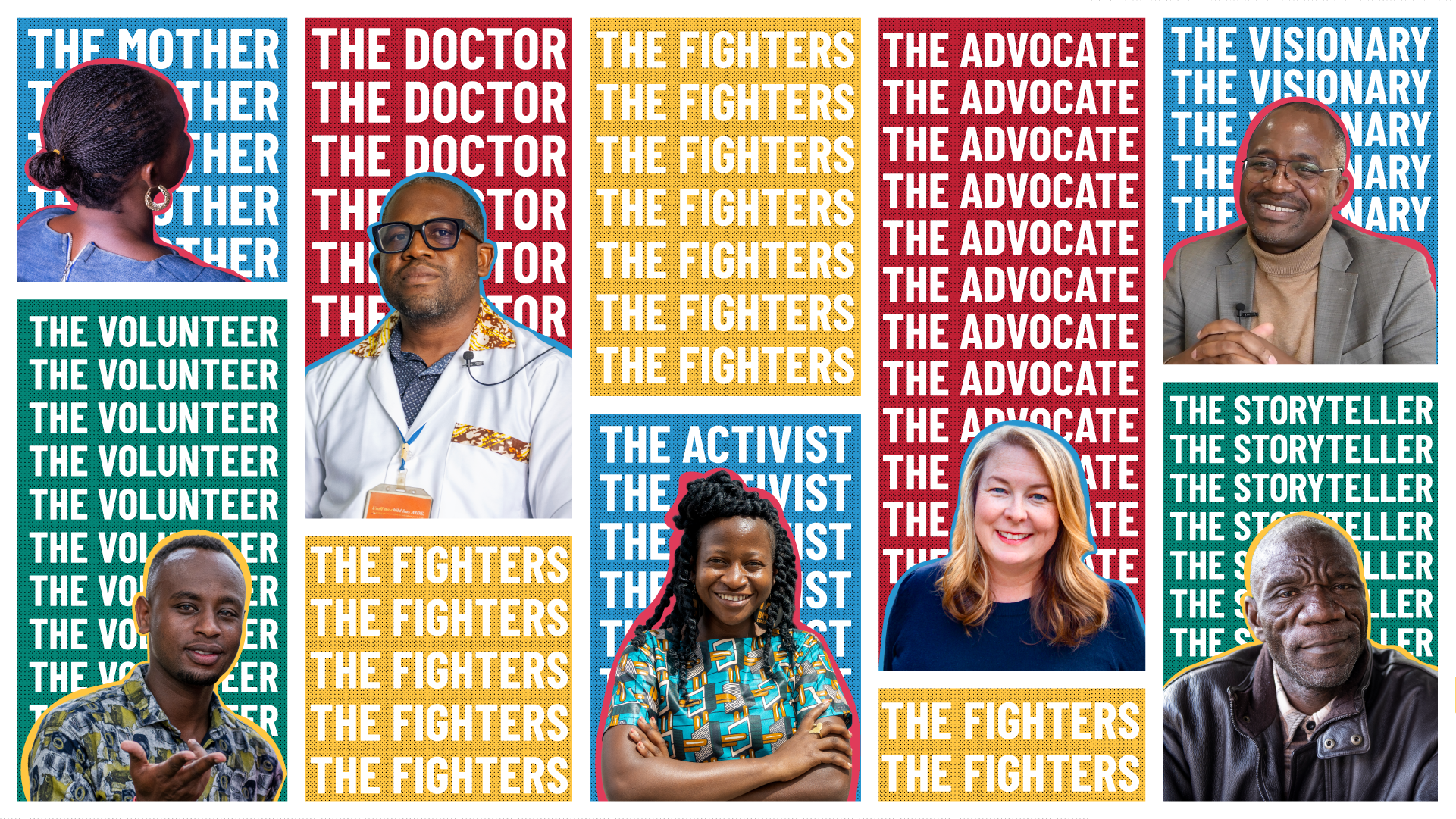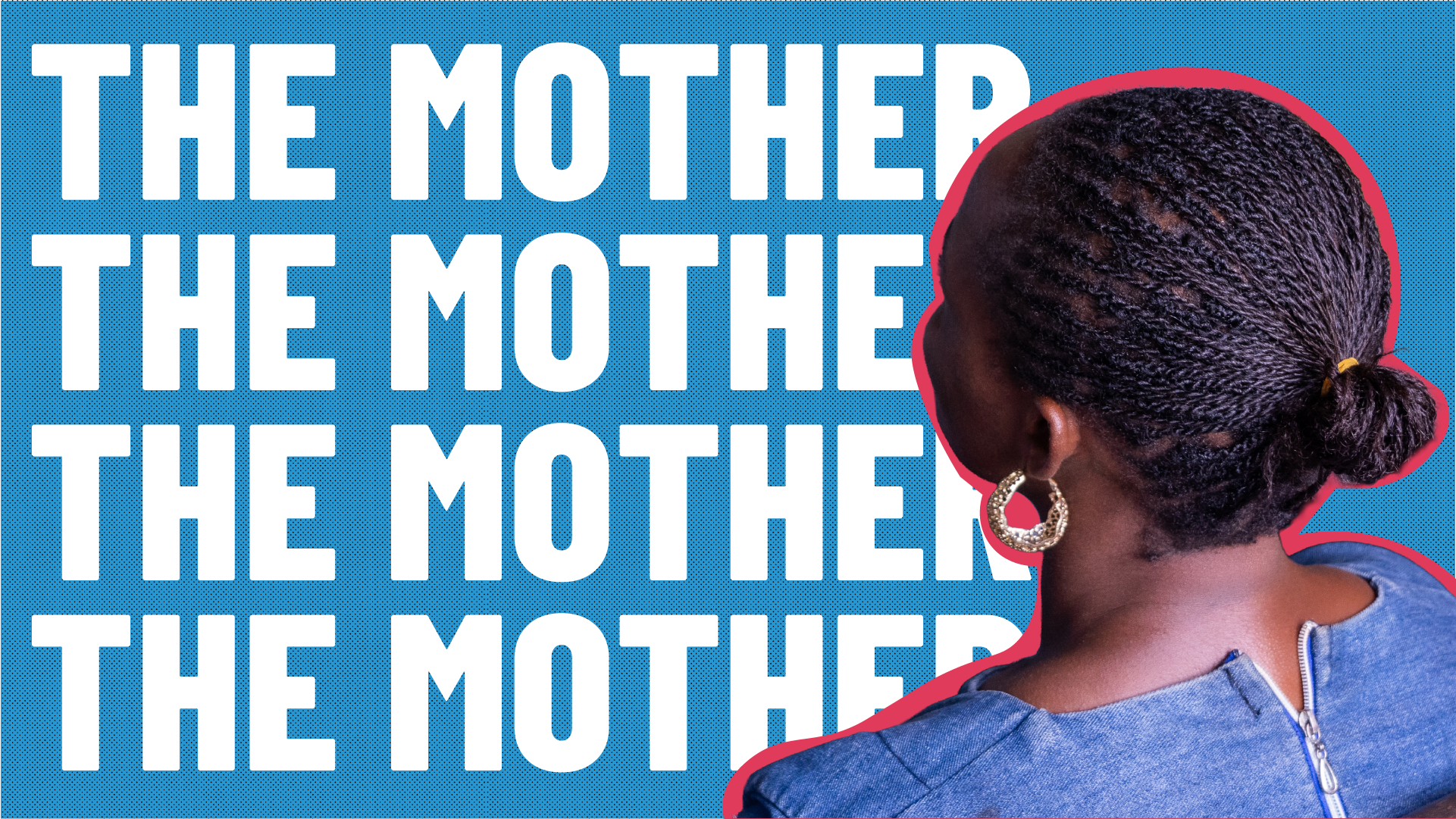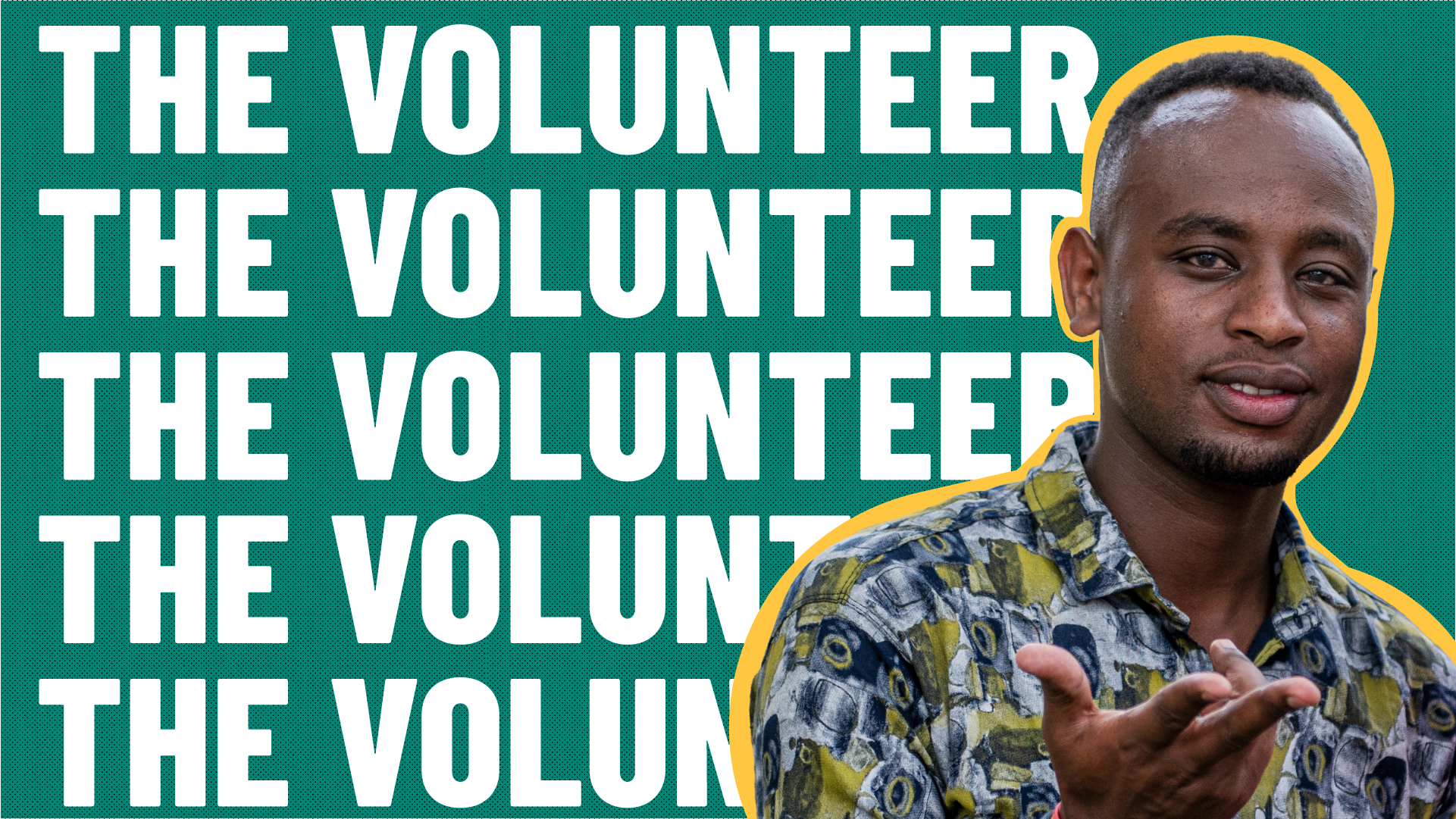In 1988, Ariel Glaser died of HIV-related illness at just 7 years old, sparking Elizabeth Glaser, her mother, to found the Elizabeth Glaser Pediatric AIDS Foundation (EGPAF). Now, 34 years later, young people in Southwestern Uganda known as the Ariel Peers carry on the Glaser legacy of improving the lives of young people by serving as peer educators and forming a support system for other young people living with HIV.
The Elizabeth Glaser Pediatric AIDS Foundation has been implementing psychosocial support interventions with young people in Uganda since 2006 through a peer support program called Ariel Clubs.
The current Ariel Youth Peer group is being coached by a group of older graduates of Ariel Camp. These two dynamic groups came together July 12-14 to strengthen skills and create a community of practice. Five Ariel Superstars attended to coach and encourage the 37 Ariel Peers in attendance from across 18 districts.
During the camp, EGPAF staff conducted sessions with the Peers on a range of topics, from counseling skills to sexual and reproductive health to financial literacy. The Peers also shared and documented their experiences, their lessons learned, and best practices. A psychologist attended the camp, and the Peers were encouraged to seek support, either individually or as a group.
“I am creating Jalias beyond me at the facility and in my community. I am mentoring them to be better than me.”- Jalia, Ariel Peer

“I have experienced a lot of good things at this camp,” says Ivan Bakashaba, with a big smile on his face. He serves as a peer counselor at Kitagata Hospital. “First of all, the bonding amongst ourselves has developed; I feel very comfortable in my own skin, knowing I am not the only one with HIV. I am encouraged to help my community even more after interacting with my Ariel Peers.”
Jalia, another attendee of the camp, enjoyed everything about the event. Interacting with her peers, EGPAF staff, and the psychotherapist stood out for her. “I am creating Jalias beyond me at the facility and in my community. I am mentoring them to be better than me.”
“I don’t think I had ever been to a camp for peer counselors before,” says Josephine Nabukenya, an Ariel Superstar, EGPAF ambassador, and EGPAF board member. “We are almost always role models so we don’t usually have space to talk about what we are struggling with. Here, we could be open about our challenges as leaders in our community and just be normal people, equally deserving of care, love, companionship, and support as those we usually mentor.”
HIV and Young People in Southwest Uganda
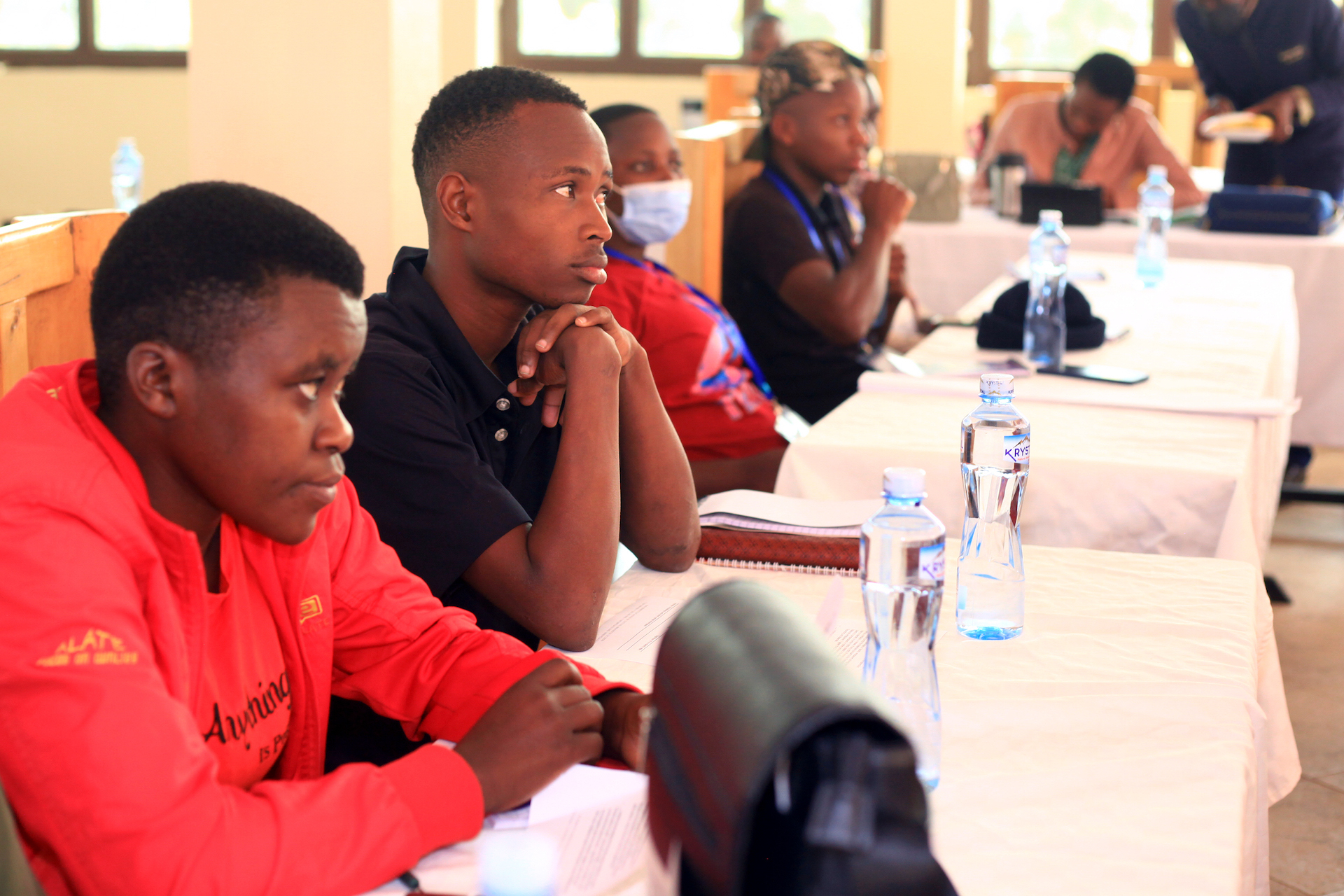
Although Uganda is on track towards achieving epidemic control of HIV for the general population, the picture differs for children and adolescents. In the general population, the percentage of people who are on treatment and are virally suppressed is 93%, indicating that these people are on high-quality treatment and have the support or conditions at home to implement their treatment plan effectively. However, in the southwest region, these gains are even lower for young people, with just 91% of adolescents and 83% of children under age 9 reaching viral suppression.
Key barriers to reaching viral suppression range from hopelessness, internalized stigma, and non-disclosure—all of which can keep young people from taking their medications as prescribed. Studies show that quality psychosocial support is a high-impact intervention that can help young people mitigate or even overcome these major barriers to treatment success by equipping young people with the skills they need to disclose their status to loved ones, reach out for support when needed, and maintain hope that despite their HIV status they can live a long, healthy, and fulfilling life.
Ariel Camp 2022
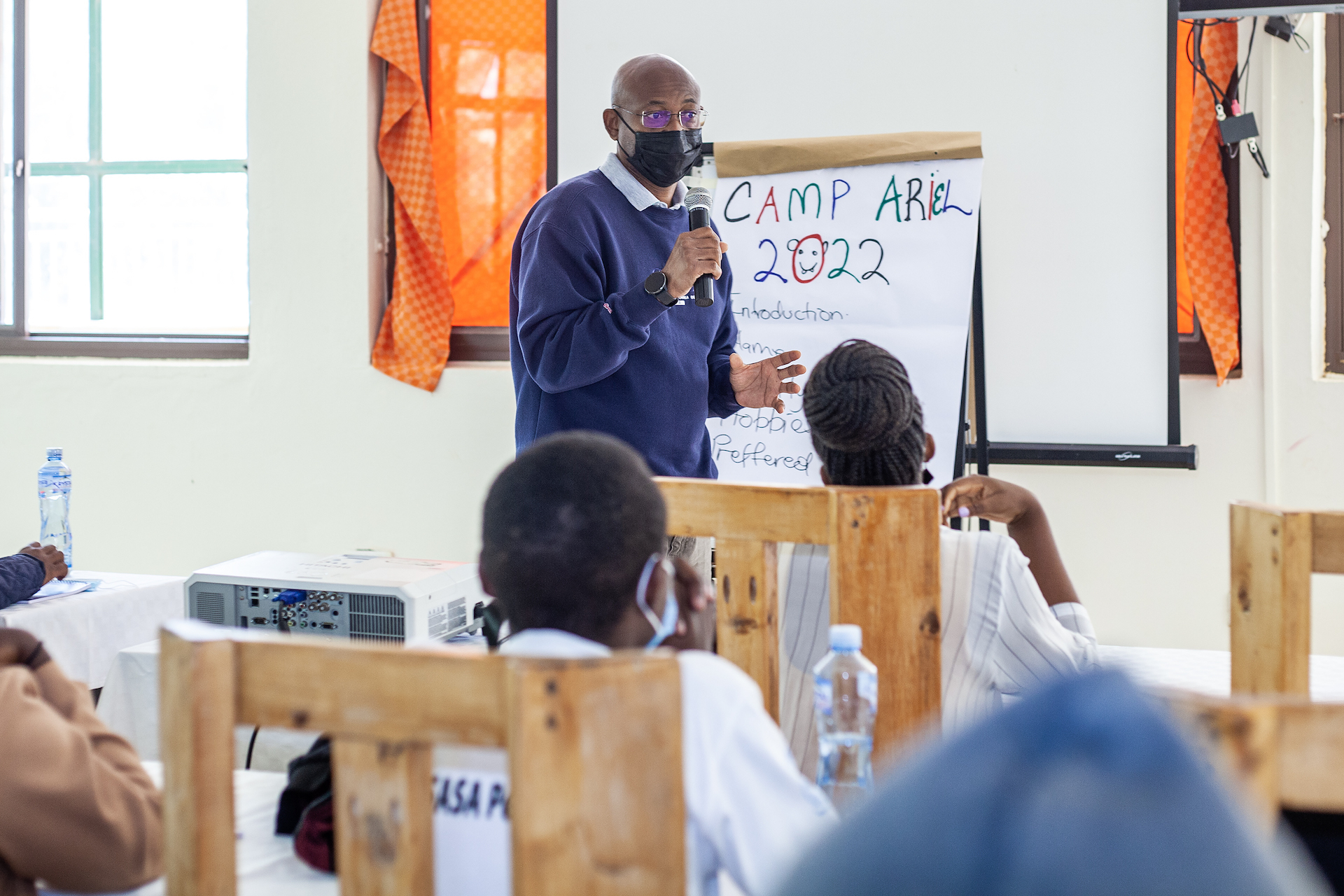
Today, EGPAF is targeting these gaps through two projects in southwestern Uganda: The Breakthrough Partnership, funded by ViiV Healthcare, and the UB 2.0 project, funded by the ELMA Foundation. These two projects work together to leverage EGPAF’s historic Ariel program by bringing together the Ariel Superstars to coach the new generation of young peers living with HIV. The Superstars are perfectly equipped with lived experience to deliver quality psychosocial support to young people across southwestern Uganda.
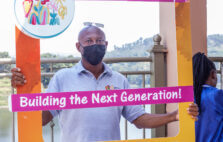
Dr. Edward Bitarakwate, the EGPAF-Uganda country director, also attended the camp, facilitating a life skills session on perseverance and participating in bonding activities. He has a strong connection with the incredible youth who engage with the program, having been the primary physician treating many of Ariel Superstars throughout their childhood and now watching them come into adulthood,
“We show them that the Foundation cares about their wellbeing,” says Dr. Bitarakwate. “Skill building and caring for the caregivers is important. We provide them with an opportunity to unwind and spend time with their fellow young peers.”
“The Ariel Camp 2022 has brought me so many memories of the past camps I attended,” says Josephine. “I remember the experiences we went through when we were younger and we are now the leaders. The camps are a very useful resource and I am a living testimony of the Ariel camps.”
“The peer model is worth it—if only we could get more funding to have more camps.” – Josephine Nabukenya
Carrying on the Legacy
Josephine meant what she said about the need to continue this peer support work. When the original Ariel Camps ended, Josephine and her peers stayed in touch and continued volunteering in clinics. She understood that there were so many valuable interventions that needed funding, but she mourned the end of Ariel Camps. She went to the organizations she knew provided youth programming, but always got the same answer: there is not enough budget for camps.
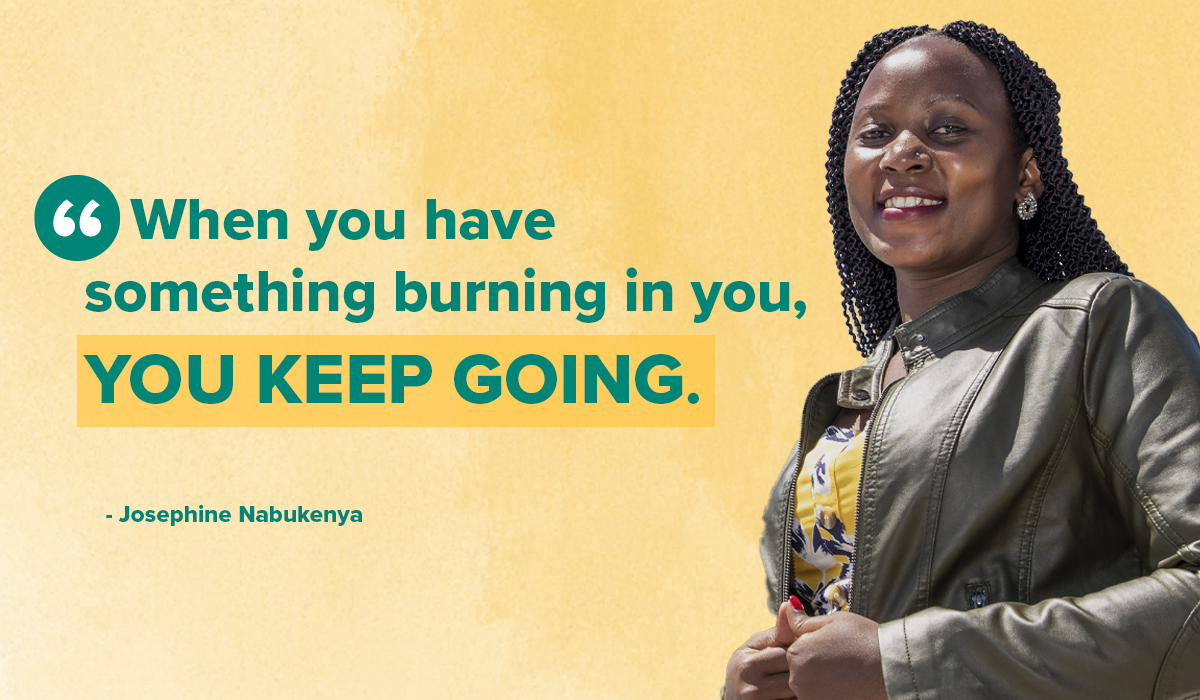
“For those of us who had gone through camps, we knew what camps did for us: For many it was the first time we were meeting kids with the same HIV status, the first-time taking medication without fear, being in an open space where we could be ourselves, and for those in challenging home lives, it was an opportunity to eat good food, sleep in a good place, and have someone take care of you. Camp was everything,” Josephine says.
After years of trying to convince other people to continue the camps, Josephine realized that if she wanted it to happen, she may have to do it herself. ““When you have something burning in you, you keep going.”
Josephine founded her own grassroots nonprofit in Kampala, Uganda, Miles of Smiles. The name of the organization carries on the 2006 Ariel Camp theme, which Josephine recalls with fondness. Led by a local, young person living with HIV (Josephine), Miles of Smiles marks a generational shift in addressing the psychosocial needs of young people.
The organization stages five-day camps for children and youth from across the country who are living with HIV. During the camps children are provided with peer education, but they also are given space to just be children in community with one another. The camp targets children who are virally unsuppressed, and encourages appointment and treatment adherence through an app for support beyond the five days of camp.
Josephine and the rest of the Ariel Superstars provide a ladder to their younger Ariel Peers, who, in turn provide a ladder to adolescents and children in their communities, so that all have an opportunity to rise and be superstars.
“Miles of Smiles is a legacy of Ariel and the long-term impact that programs like these have made on our lives,” Josephine says. “So many of the leaders in Miles of Smiles went through EGPAF’s Ariel Camps, and now the reach is even greater—those of us who experienced the magic as children have an opportunity to pass it forward and support even more children living with HIV.”
“We show them that the Foundation cares about their wellbeing.” – Dr. Edward Bitarakwate
EGPAF-Uganda appreciates the support of ViiV Positive Action that has made this work possible.

